Keywords: White Australia Policy
-
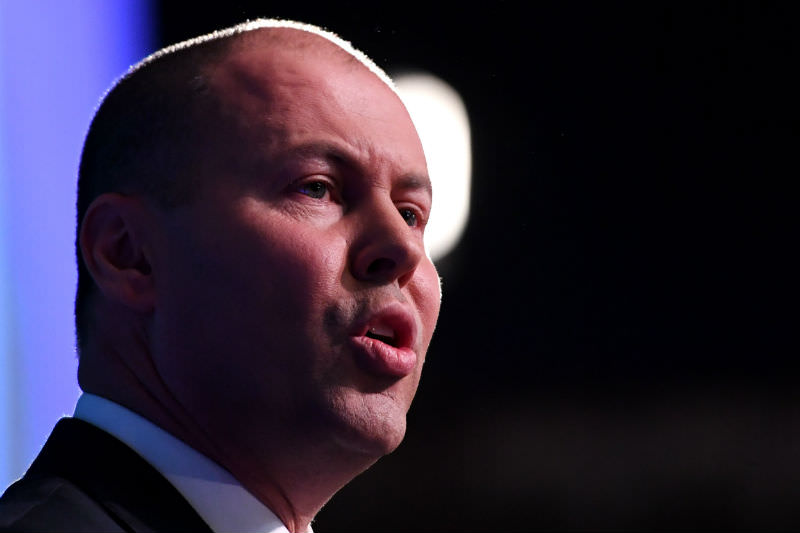
AUSTRALIA
- John Falzon
- 03 April 2019
13 Comments
The much trumpeted projected budget surplus is built on the backs of people who are left out and often made to feel that they are left over, surplus to the economy: people on low pay or no pay, young people, sole parents, people experiencing homelessness, people living with a disability.
READ MORE 
-

AUSTRALIA
- Moira Rayner
- 26 March 2019
11 Comments
How is it that with so few people 'on the ground', with sharp divisions among its spokespeople, and with the flight of PHON candidates, once elected, to continue to hold their seats as 'independents', the party may sneak into a position where, as Ashby and Dickson mused, they 'hold the balls of the government' in their sweaty little hands?
READ MORE 
-
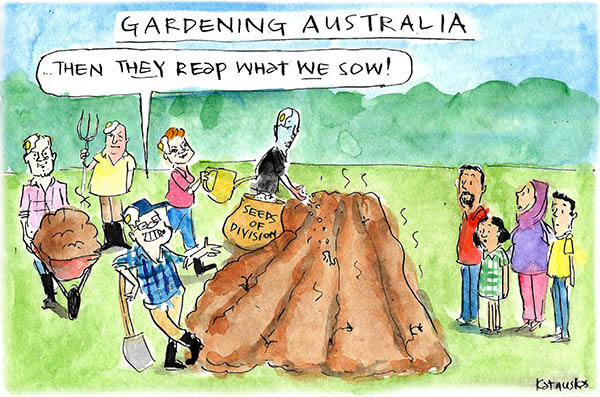
AUSTRALIA
- Binoy Kampmark
- 19 March 2019
24 Comments
Penny Wong dismissed Tarrant as un-Australian, a dangerous point given that Australian values have been rather flexible in their deployment. The same treatment is reserved for Anning: 'He does not represent who we are.' The painful truth is that Anning and Tarrant are representative of an aspect of Australian national identity.
READ MORE 
-
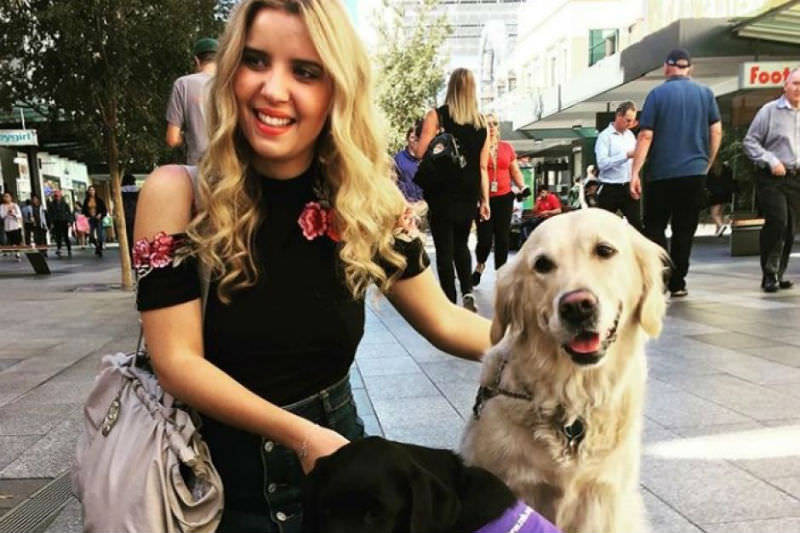
AUSTRALIA
Several incidents in Australia this week highlight the inherent challenges of undertaking travel which people in the Australian disabled community have long understood. Travel is neither completely accessible nor inclusive, even in 2019. I know this from experience. I have low vision and I'm profoundly deaf in one ear.
READ MORE 
-
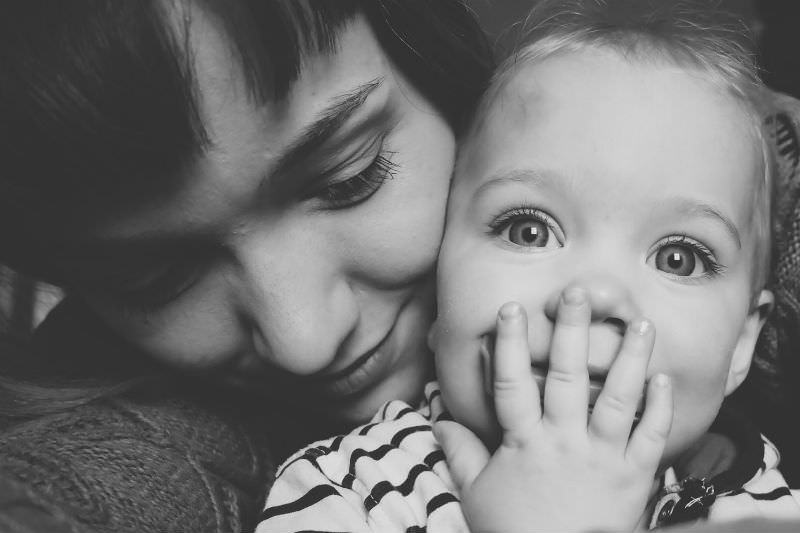
AUSTRALIA
- Kate Galloway
- 01 March 2019
7 Comments
There is one type of family that consistently is omitted from pro-family government rhetoric: that of the single mother. Instead of making life easier for single-mother families, the government has imposed additional requirements as a pre-condition to their receiving the payments they need to support themselves and their children.
READ MORE 
-
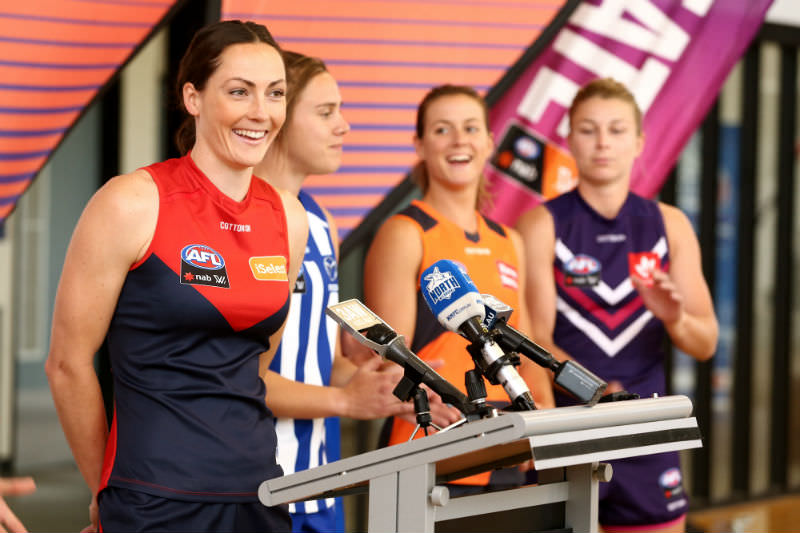
ARTS AND CULTURE
- Erin Riley
- 23 January 2019
11 Comments
When you're accustomed to privilege, equality feels like oppression. Sometimes, it's worse than that: when you're accustomed to privilege, even meagre attempts towards equality can be interpreted as unfair. This attitude is evident not only in conversations about affirmative action and quotas, but in the way we talk about sport.
READ MORE 
-
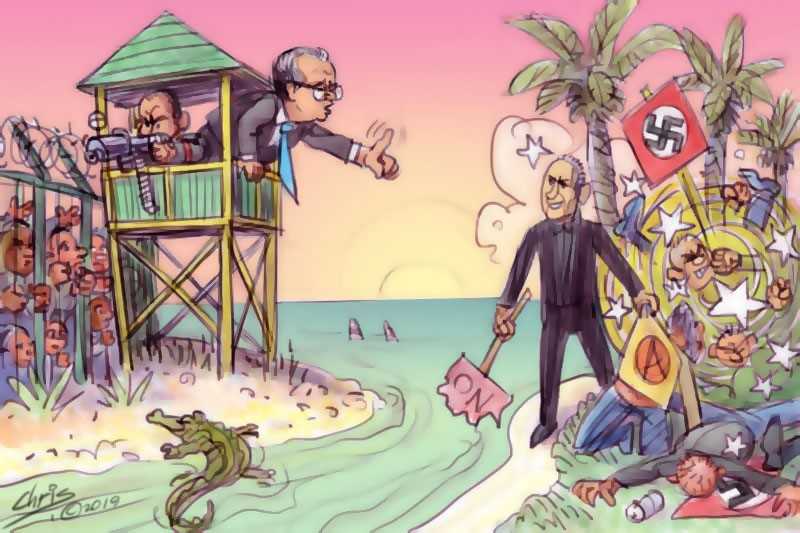
AUSTRALIA
- Joshua Badge
- 14 January 2019
7 Comments
The pantomime serves a purpose. Politicians denouncing Anning for his explicit support of fascism distracts from years of slightly more democratic, somewhat less in-your-face ethnonationalism. Sieg heils in St Kilda are bad, offshore internment camps are necessary.
READ MORE 
-
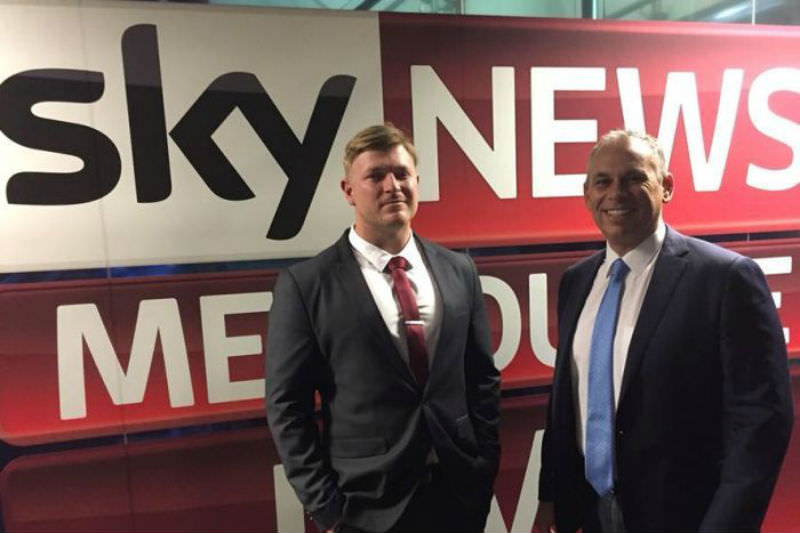
AUSTRALIA
- Joshua Badge
- 27 November 2018
2 Comments
Far-right extremists are savvy political actors. They know openly discussing their beliefs risks running afoul of anti-discrimination laws. Because of this, they have mastered how to speak in the negative and convey meaning through allusion.
READ MORE 
-
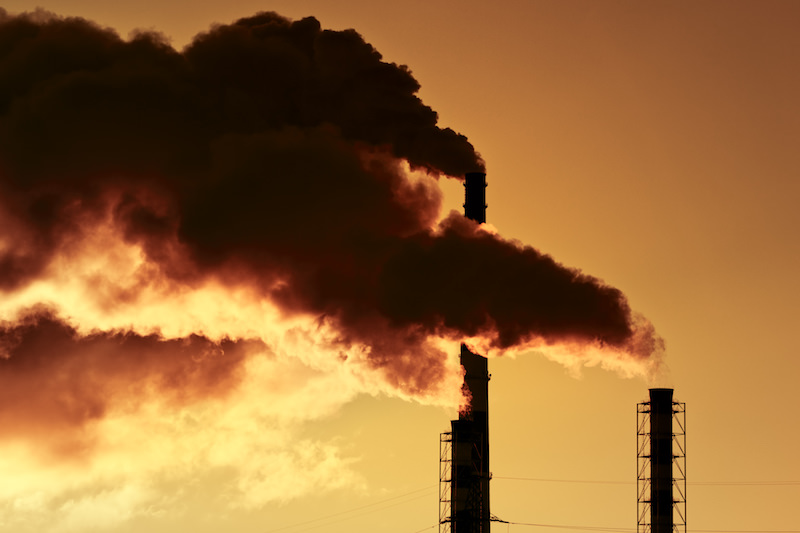
ENVIRONMENT
- Cristy Clark
- 26 November 2018
11 Comments
Airborne pollution is an issue of environmental justice, because it disproportionately affects those with the least capacity to move — the poor, the marginalised, and those, such as Indigenous peoples, with a significant relationship to place.
READ MORE 
-
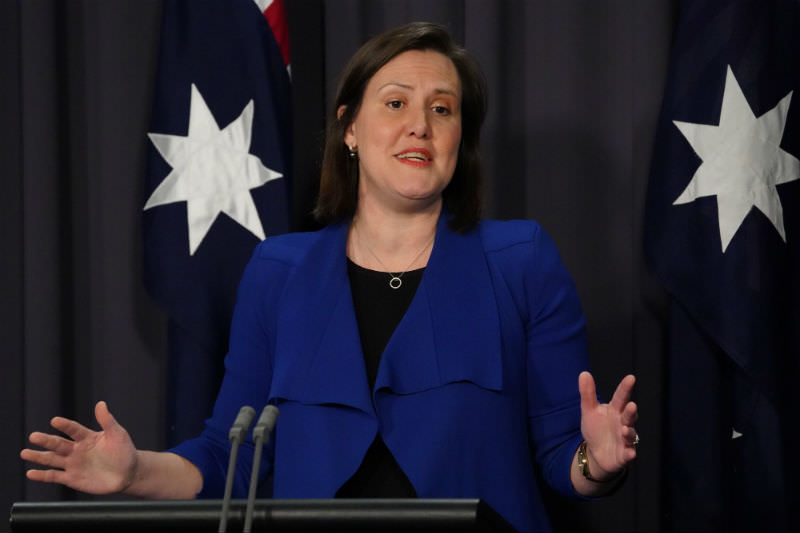
ECONOMICS
- Eliza Berlage
- 22 November 2018
1 Comment
The government finally released its women's economic security statement. The package is built around three pillars — workforce participation, earning potential, and economic independence — totalling $109 million dollars over four years. It is a drop in the ocean compared to what is needed to address the crisis of gender violence and substantial inequality.
READ MORE 
-

INTERNATIONAL
- Catherine Marshall
- 08 November 2018
8 Comments
Something strange happens to the vote after it's been gifted to us. It's the most valuable thing when we don't possess it, and the most disposable when we do. Millions of Americans discovered this when a minority of voters who showed up to the polls in 2016 managed to elect that improbable candidate, Donald Trump.
READ MORE 
-
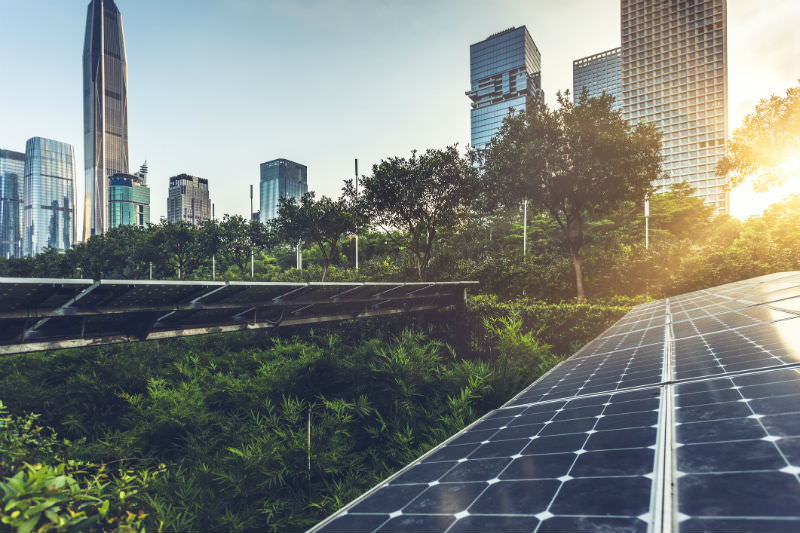
ENVIRONMENT
- Cristy Clark
- 26 October 2018
7 Comments
We are already suffering from the effects of global warming and the intensification of extreme weather events, and things are going to get worse. The question now is what we do to both limit the damage and adapt to the inevitable. Fortunately many of the actions that we must take will actually make our lives better.
READ MORE 